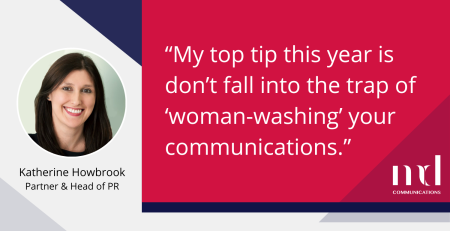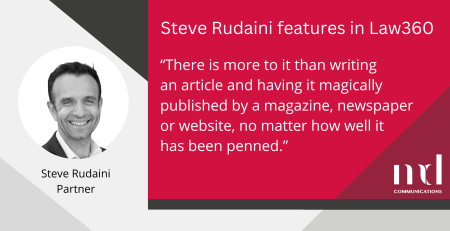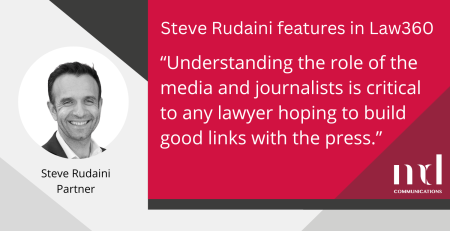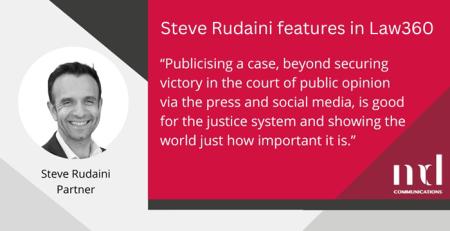Simon Calver, the former CEO of LoveFilm and Mothercare discusses what professional services firms can learn from consumer brands when it comes to dealing with a crisis.
Earlier this year at the height of the first lockdown, up to a third of online advertisers were considering a ban on Facebook advertising as they thought that the social media giant’s response to racial hate campaigns was not sufficient. This is a global £100bn-pound industry with both buying power and clout, looking to influence a company with billions of customers.
It may have been a problem months or years in the making but the consumer and corporate response was rightly swift and immediate. Reputations take time and patience to build but can vanish in an instant.
The necessity of a swift response
In today’s connected world fuelled by social media (note above the same social media can be the victim as well as a cause), time is everything and you cannot let consumer issues go unrecognised. People’s issues are their own reality – ignore them at your peril. In the time of COVID-19, the limit of people’s physical venturing may well have been their front door, but online is a different story altogether.
So, what does this mean for corporates or firms who are trying to build their own position in this changing world? I have personally experienced some crises during my career, including diverse challenges of supposed syringes in Pepsi-Cola cans or potential over-zealous mis-selling of Lovefilm subscriptions. These and many other issues were discussed recently along with many other questions at the MD Communications online panel on reputation last month.
How to tackle a crisis
Despite the nature and speed of changing media, I think the approach to and resolution of such issues has remained pretty similar to that of the past. Sharing some of my scars and bruises, I would say the following are critical to do:
First, understand there is an issue and demonstrate that you understand there is. It is not enough for anybody to say “no comment” or flatly deny there is any issue at all. If something is threatening to undermine your reputation you had better understand it, whether it is true or not. The key is to have empathy with the audience you are trying to reach, rather than being an ivory-tower-based corporate autocrat, not interested in the views of your current or potential customers. If your CEO or Managing Partner feels like the description in the previous sentence then please do not make them your spokesperson. Egos have no place in a crisis response.
When you have your spokesperson, let them be the person delivering the messages, make sure they have had media training ahead of time. Everybody else needs to be on script (yes, everybody!) or you will lose control and end up in a mess. This applies to both, all your stakeholders, as well as all your staff. The latter of which have a point of view and hopefully care passionately about the business too so keep them in the loop. Add them to the list of shareholders, suppliers, industry bodies and, of course, customers that you need to communicate with.
Transparency is key
Sometimes in the early stages of an emerging crisis, you may not know all the answers. That is normal but always ensure you stick to the truth, are as accurate as you can be, and let people know what you are doing to fix things, or to understand the situation better if it is not clear.
Internally you must create a real impetus for action, setting up daily briefings, operating in a tight team and communicating regularly. As you begin to collect the proof points around the issue, always screen them through your customers’ eyes. Be prepared to accept that you might be the issue too. Things may not be perfect or as you expected and if so you need to recognise that change is needed. Let people know what that change will be and when you will make the change by.
When it all is resolved and either the crisis is averted or you have moved to fix it, remember always to thank everybody who has helped you throughout. The staff are critical – but so are your customers who bought this to your attention in the first place. Celebrate the learning, not the resolution, and hope there is not a next time, or if there is, you’ll be ready for it.
If your firm needs help to prepare a crisis communications plan, or your spokespeople need media training get in touch with our calm, robust and experienced team who can provide advice and support.
Download your copy of our guide: 12 mistakes lawyers make with the media












